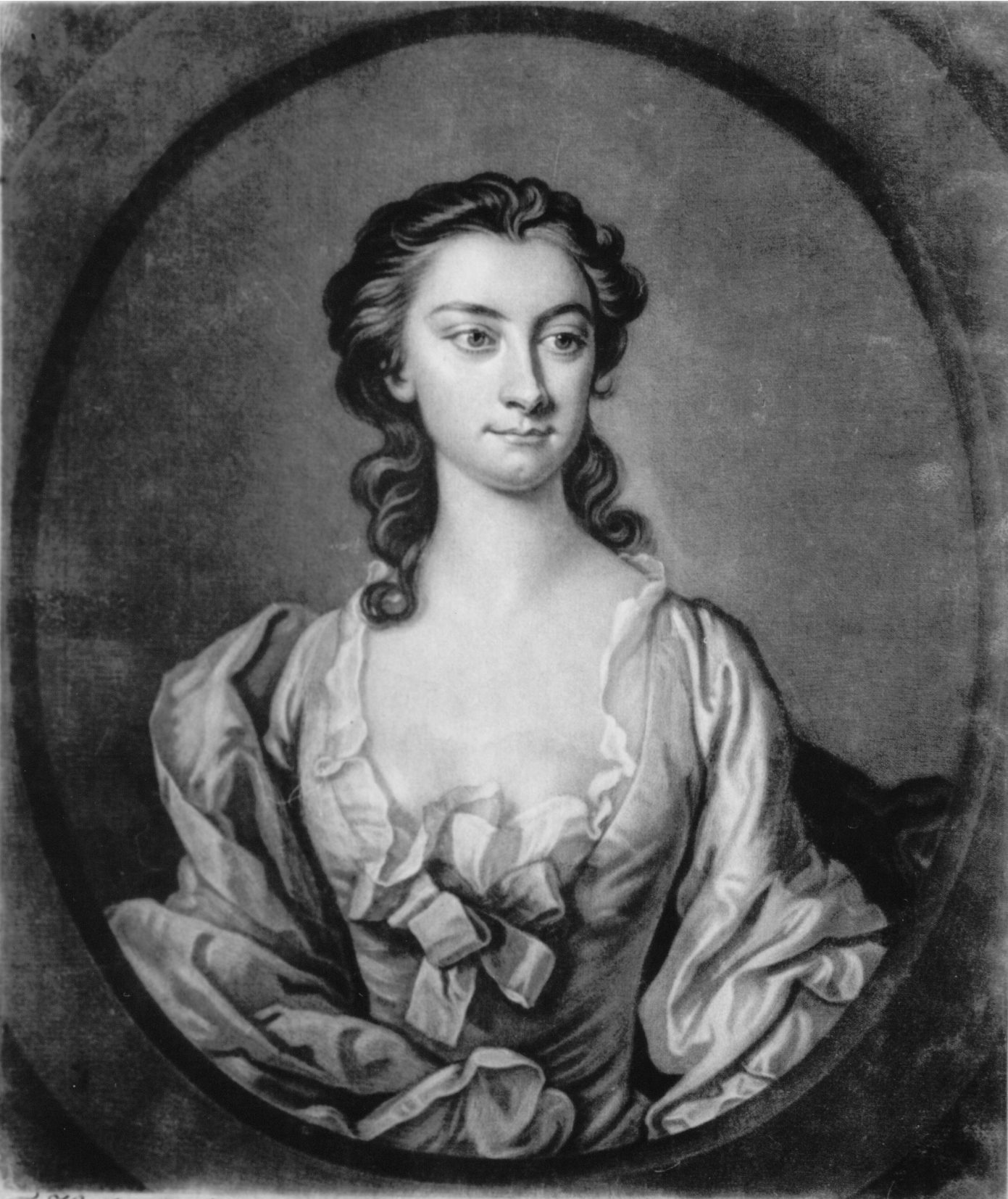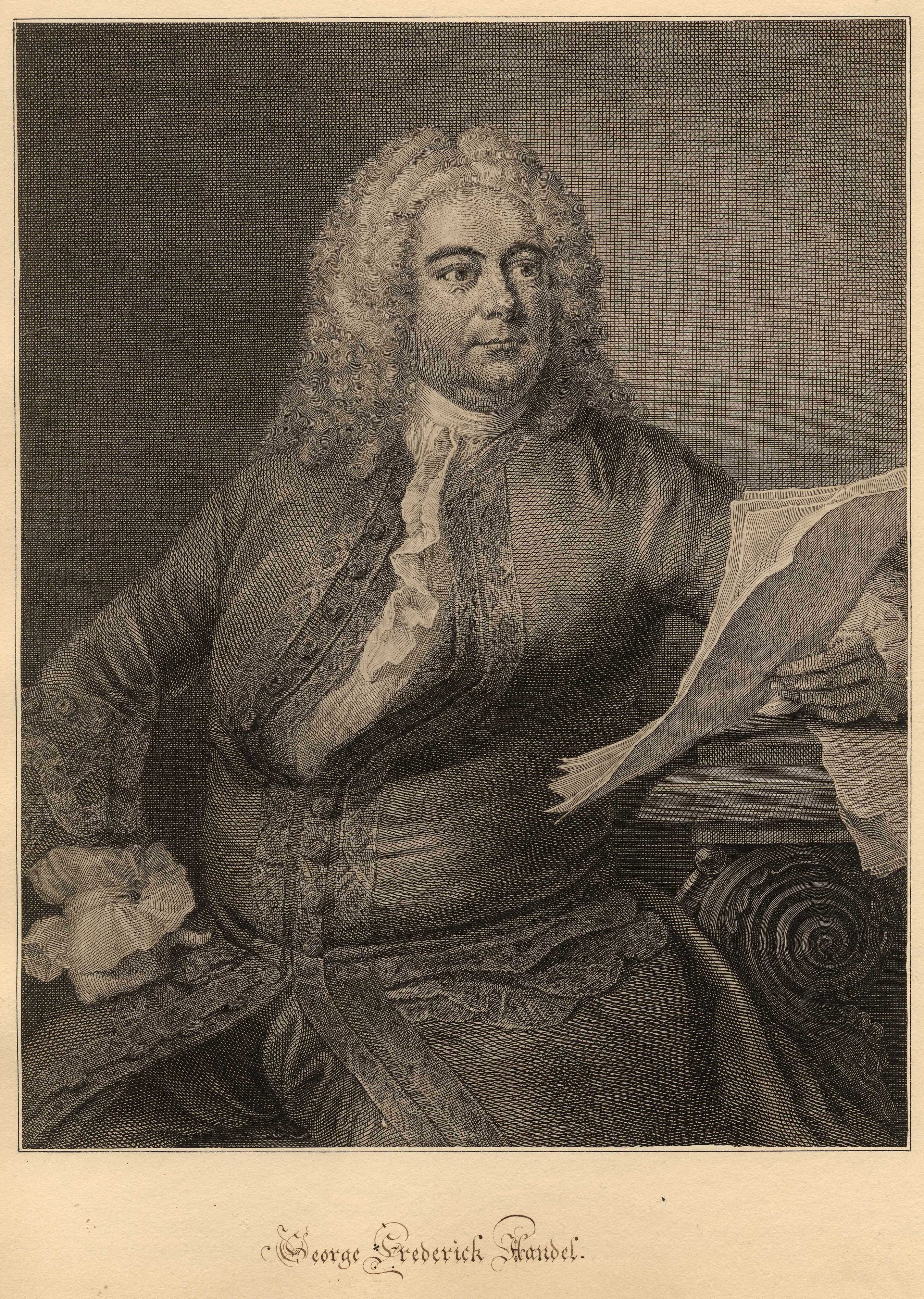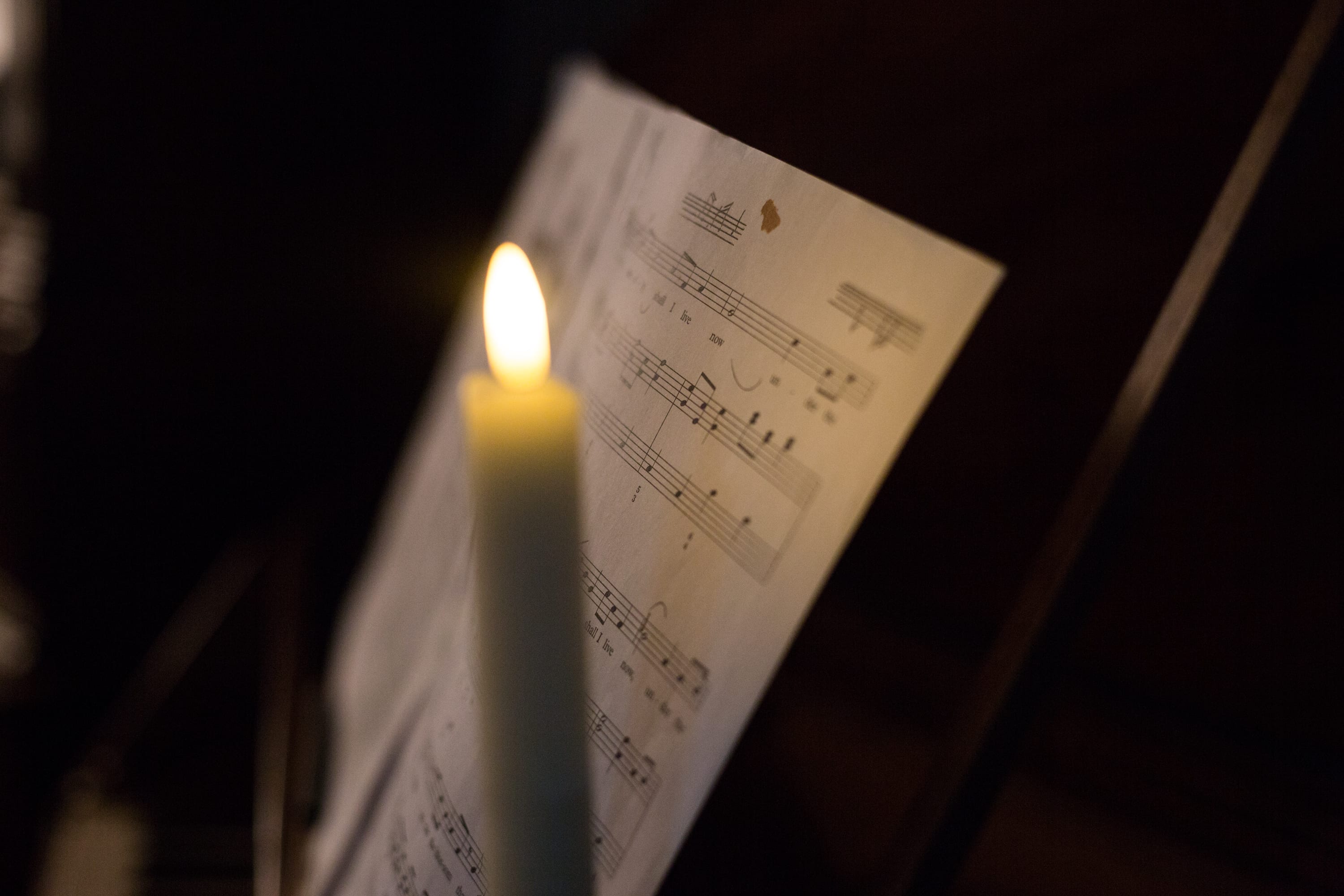HERCULES (HWV 60)
Libretto: Thomas Broughton, from Sophocles and Ovid
First performance: 5th January 1745, King's Theatre, London
Cast
- Henry Theodore Reinhold (Bass)
- Miss Robinson (Mezzosoprano)
- Elisabeth Duparc, called "La Francesina" (Soprano)
- John Beard (Tenor)
- Susanna Maria Cibber (Alto) (NOTE: Mrs. Cibber's indisposition due to illness led the bass Gustavus Waltz to "read" a section of her role.)

Synopsis
Although it depicts the end (and possibly the very last day) of the legendary hero’s life, the plot of Handel’s musical drama depends on a knowledge of certain earlier incidents in the story. Hercules, son of Jove (Zeus) by Alcmene, the wife of Amphitryon, had earlier married Megara, who bore him several children. Juno (Hera) afflicted Hercules with madness (probably on account of her jealousy at Jove’s infidelity) so that he killed his own children, and perhaps Megara as well. In expiation of his crime, he was instructed by the Delphic oracle to serve King Eurystheus, which involved undertaking tasks that subsequently became known as his Twelve Labours. In the second of these he killed the Hydra of Lerna, a many-headed serpent, and cut open its body to take the poisonous blood, which he applied as deadly venom to his arrow-tips. After the completion of his Labours, Hercules decided to marry again and took part in an archery competition to win the hand of Iole, the daughter of King Eurytus of Oechalia; he won the contest, but Eurytus refused to surrender his daughter, fearing a recurrence of Hercules’ madness.
Hercules eventually married Dejanira (Deianeira), daughter of King Oeneus of Calydon, and she bore him several sons, including Hyllus. After Hercules accidentally killed Oeneus’ cup-bearer, he and Dejanira were forced to leave Calydon and went to settle with Ceyx, King of Trachis. In the course of their journey they had to cross the River Evenus, and Hercules entrusted Dejanira to the care of the centaur Nessus, who acted as ferryman. Nessus tried to rape her and Hercules shot him with one of the arrows steeped in the blood of the Hydra. The dying centaur confided in Dejanira and claimed that a garment soaked in his blood could be used as a love-charm. From Trachis Hercules raised an army to take vengeance on King Eurytus, whom he slaughtered (with all his sons), and then sent Iole back to Trachis with the other prisoners.
The action of the drama takes place at Trachis in Thessaly.
Act I
A royal apartment
Dejanira laments Hercules’ long absence. Hyllus enters and reports a gloomy prophecy from the oracle, predicting Hercules’ death and flames rising from the summit of Mount Oeta. Dejanira fears that she will be reunited with Hercules only in the shades of Elysium, but Hyllus determines to search the world for his father. His departure is interrupted by an announcement from Lichas that Hercules is returning from Oechalia with a train of captives including the beautiful Princess Iole.
A square before the Palace
Iole and her attendant virgins are led in. A march announces the arrival of Hercules, who declares that Juno’s rage has now been appeased and he looks forward to resting from his labours in Trachis. He gives Iole her freedom within Trachis, but she is overcome by the recollection of her dead father. The chorus joins Hercules in the celebration of his return to Trachis and to Dejanira, his progress “from war to love”, while Iole bewails the loss of her liberty.

Act II
An apartment
Iole reflects that her station as princess has made her ruin all the greater. Dejanira enters, enraged with jealousy in the belief that Hercules has been false to her with Iole. When Iole is disconcerted by this suggestion, Dejanira reminds her that Hercules earlier had fought in order to win her hand. But Iole insists that Hercules’ campaign against Oechalia was motivated by ambition rather than slighted love and warns Dejanira to beware of jealousy. Lichas enters, and Dejanira repeats to him her accusation against Hercules, which he also attributes to jealousy. After Dejanira and Lichas have left, Hyllus comes to visit Iole, with whom he has fallen in love but who has rejected him. She remains unsympathetic to the son of the man who has ruined her country and expresses surprise that he should have given way to the weakness of love, but Hyllus, reinforced by the chorus, declares the universal power of the “wanton god of amorous fires”.
Another apartment
Dejanira upbraids Hercules, who had not been subdued by Juno’s hatred, for having been conquered by a “captive maid”. Hercules tells Dejanira that she has been deceived into doubting his fidelity and departs in order to inspect preparations for the “solemn rites”, a sacrifice in celebration of his victory. Dejanira does not trust Hercules’ protestations and suddenly remembers the “garment, dipped in Nessus’ blood”: she will persuade Hercules to wear it, and thus regain his love. She commands Lichas to go to the temple and present the “vest” to Hercules as a “pledge of reconcilement”. Iole enters and Dejanira apologizes for her earlier jealous frenzy. Iole wishes Dejanira happiness in Hercules’ love and weeps at her own predicament. Dejanira promises to secure Iole’s restoration to freedom and royal power, and prays to Jove that her “expedient” will restore her own relationship with Hercules.

Act III
Lichas describes to the Trachinians the tragic events that he has witnessed at the temple. Hercules, in attendance for the ceremonial sacrifice, was presented with the robe from Dejanira and put it on. But the heat from the altar flames melted the Hydra’s poison in Nessus’ blood, which then coursed through his body, and he fell to the ground, vainly trying to separate the deadly garment from his flesh. The chorus lament the prospect that tyrants will soon no longer be restrained by “the world’s avenger”.
The Temple of Jupiter
Hercules, in his last agonies, blames Dejanira and asks Hyllus to carry his body to the top of Mount Oeta to be burned on a funeral pyre. Hyllus hopes that news of Hercules’ death will not reach the Oechalians quickly.
The Palace
Dejanira, horrified that she has become the agent for Nessus’ revenge, has a vision of the furies rising to torment her guilty soul. When Iole enters, Dejanira at first throws the blame onto her, but then realizes that she herself has been the sole “guilty cause”; Iole, in spite of her own sufferings, sympathizes with the woes of her captors. The Priest of Jupiter enters and announces that Hercules (Alcides) has been “raised to the court of Jove”: the oaks in the sacred grove have disclosed that the hero’s immortal part will be borne from the funeral pyre to Mount Olympus by an eagle. The Priest also tells Iole that her destiny is to marry Hyllus. They are brought together and the Priest leads the chorus in praise of Hercules as the bringer of peace and freedom.
Donald Burrows © 2002 Deutsche Grammophon GmbH, Hamburg
Context
For the 1744-1745 season Handel once again moved back to his old theatrical home, the King’s Theatre in the Haymarket. Having presented oratorios only during Lent for the previous year at Covent Garden, he now proposed a much longer and more ambitious season. Offering a subscription for 24 performances, compared to the 12 he had achieved the previous year, the season opened with a revival of Deborah on Saturday 3rd November 1744. Performing a work such as this on a Saturday was unusual, as opera peformance in the past had only been given on week nights. By doing so Handel was competing with other entertainments in London that were more traditional fare for the weekend, such as plays and balls. His attendance inevitably suffered and the house was poor. He was forced to postpone the season until more potential subscribers could be found.
Only 4 of the promised 24 performances had been given by the end of December, and Handel’s next new work, Hercules was given its premiere in January 1745. The work was advertised as a ‘Musical Drama’ and is clearly more in the style of Italian opera than any of his previous oratorios. The da capo aria form is prevalent, and in addition the chorus plays an increasingly important role, rather like that of the chorus in Greek tragedy, both participating in, and commenting on, the unfolding drama. The role of Lichas, originally intended as a minor tenor role, was considerably expanded to accommodate the dramatic abilities of Susannah Cibber, one of the leading tragediennes of the London stage. Unfortunately, on the opening night she was afflicted with a stomach complaint and was unable to perform. The bass Gustav Waltz read some of her recitative passages in order to keep the drama going, but it was not a great success. Cibber had recovered by the next performance, but Handel’s fortunes had not.
Realising that he could not continue without facing financial ruin, Handel took the unusual step of writing an open letter to his subscribers, which was published in the ‘Daily Advertiser’ on 17th January 1745:
‘Sir.
Having for a Series of Years received the greatest Obligations from the Nobility and Gentry of this Nation, I have always retained a deep Impression of their Goodness. As I perceived, that joining good Sense and significant Words to Musick, was the best Method of recommending this to an English Audience; I have directed my Studies that way, and endeavour’d to shew, that the English Language, which is so expressive of the sublimest Sentiments is the best adapted of any to the full and solemn Kind of Musick. I have the Mortification now to find, that my Labours to please are become ineffectual, when my Expences are considerably greater. To what Cause I am to impute the loss of the publick Favour I am ignorant, but the Loss itself I shall always lament…I am…persuaded, that I shall have the Forgiveness of those noble Persons, who have honour’d me with their Patronage, and their Subscription this Winter, if I beg their Permission to stop short, before my Losses are too great to support, if I proceed no farther in my undertaking; and if I intreat them to withdraw three Fourths of their Subscription, one Fourth Part only of my Proposal having been perform’d.
I am, sir
Your very humble Servant,
G. F. Handel.
Attendance will be given at Mr. Handel’s House in Brook’s Street…from Nine in the Morning till Two in the Afternoon, on Monday, Tuesday, and Wednesday next, in Order to pay back the Subscription money, on returning the Subscription Ticket.’
The following day his subscribers responded:
Sir,
Upon Reading Mr. Handel’s Letter in your Paper this Morning I was sensibly touch’d with that great Master’s Misfortunes, failing in his Endeavours to entertain the Publick; whose Neglect in not attending his admirable Performances can no otherwise be made up with Justice to the Character of the Nation, and the Merit of the Man, than by the Subscribers generously declining to withdraw the Remainder of their Subscriptions. I would lament the Loss of the Publick in Mr. Handel, in Strains equal to his if I was able, but our Concern will be best express’d by our Generosity.
We are, Sir,
Your obedient Servants
Subscribers.
With renewed energy, and the support of his Subscribers, Handel managed to present 16 of the promised 24 performances by the end of the season. He offered a further 6 performances at Covent Garden early the following year, but the panic caused by the Jacobite uprising in the closing months of 1745 disrupted his plans. Having learned an important lesson in this difficult season, Handel was never again to offer oratorio performances by subscription.


